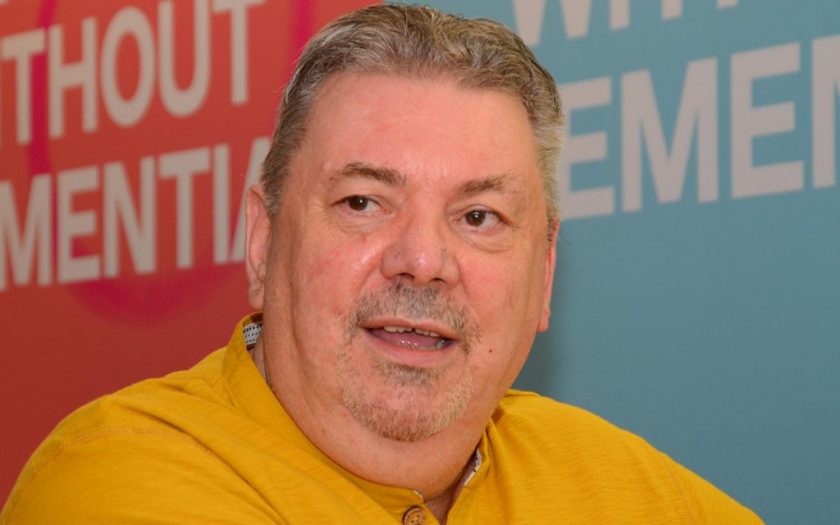Our thanks to Alzheimers Society for the following story.
Nigel Hullah in Swansea has had enough of his human rights being ignored since his dementia diagnosis. “You not doing me any favours”, he says, adding, “it’s the law.”
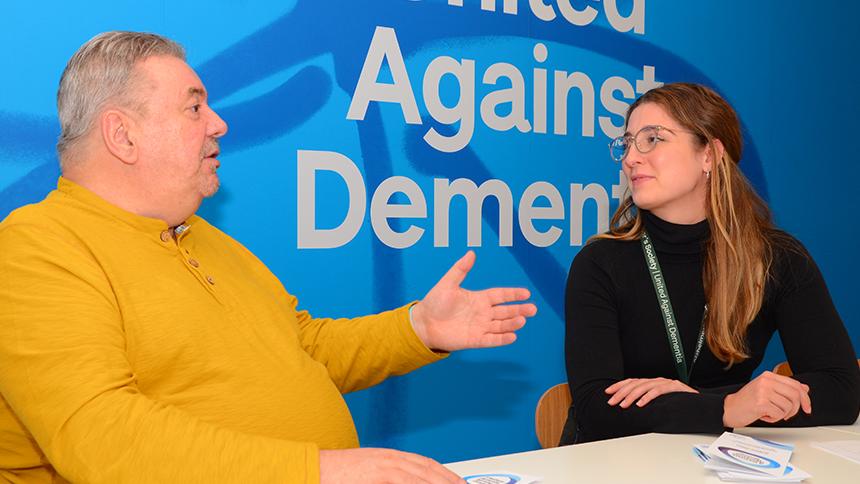
Nigel became aware he had a problem that needed to be addressed when he ‘lost’ hours from his day. He was working for a charity at the time, in a role that involved early morning starts.
“I’d put the news on at 5.30am and the next thing I knew it was quarter to six, quarter to seven. Then it was four in the afternoon and I’d have no recollection of that time loss,” he said.
Following a ‘tortuous four years of pre-agnostic rigmarole’, Nigel ( a former human rights layer) was diagnosed, aged 59, with posterior cortical atrophy (PCA) a rarer form of dementia, in 2012.
“I now have to factor in an extra hour, in case I wake up and something’s gone missing from my mind again. I look at the coffee machine and think, ‘how does that work’? –
or I look at my shoes and wonder how my laces work. No two days are exactly the same.”
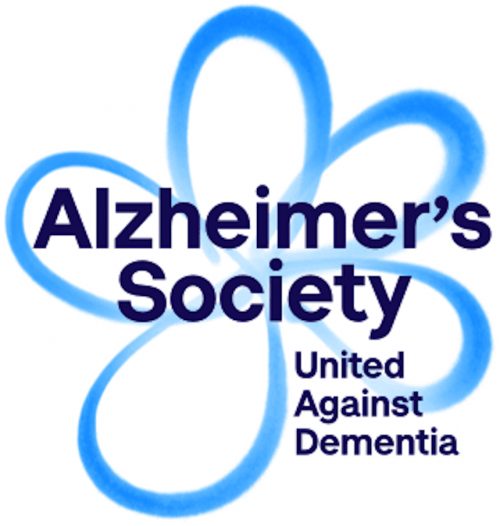
Nigel found his diagnosis ‘truly shocking’, but was more disturbed by how society now viewed and treated him.
“Everybody saw me through the prism of dementia – I stopped being a person. I felt my human rights had been taken away from me. Banks, statutory bodies and justice departments all felt I was a lesser person because of my presence of dementia. That made me quite angry.”
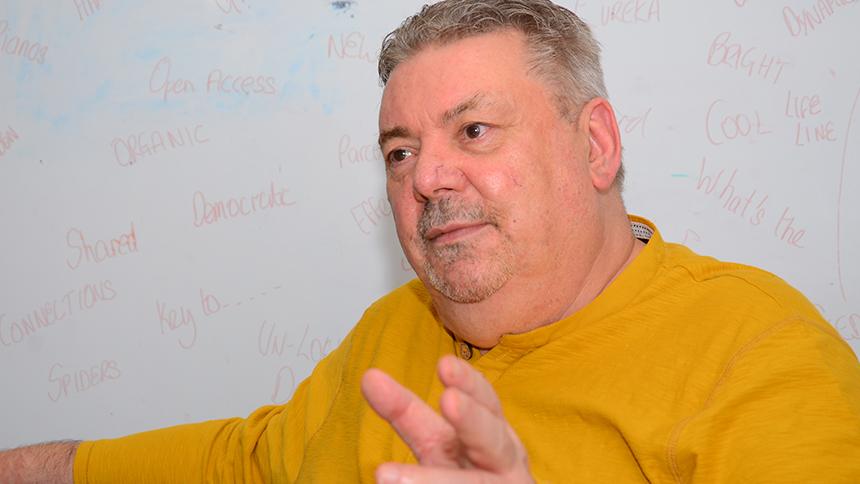
Nigel, who lives alone, says this caused him to ‘sink into some deep depression’.
“My day consisted of getting up in the morning, and drinking and eating until I fell asleep. I ordered my food online. My weight ballooned to 30 stone and I was totally immobile. I dropped off from friends and family, and become socially isolated.”
He credits his turnaround to occupational therapists from the local young-onset dementia team.
“Had that carried on, I suspect I wouldn’t be here now. But they turned up at my door and ‘attacked’ me with all the vigour and fervour of a religious crusade. They threw stuff out of my fridge and colluded with my friends, family and neighbours. I think occupational therapists are the magic bullet – they build on what you have and enable you to do things.”
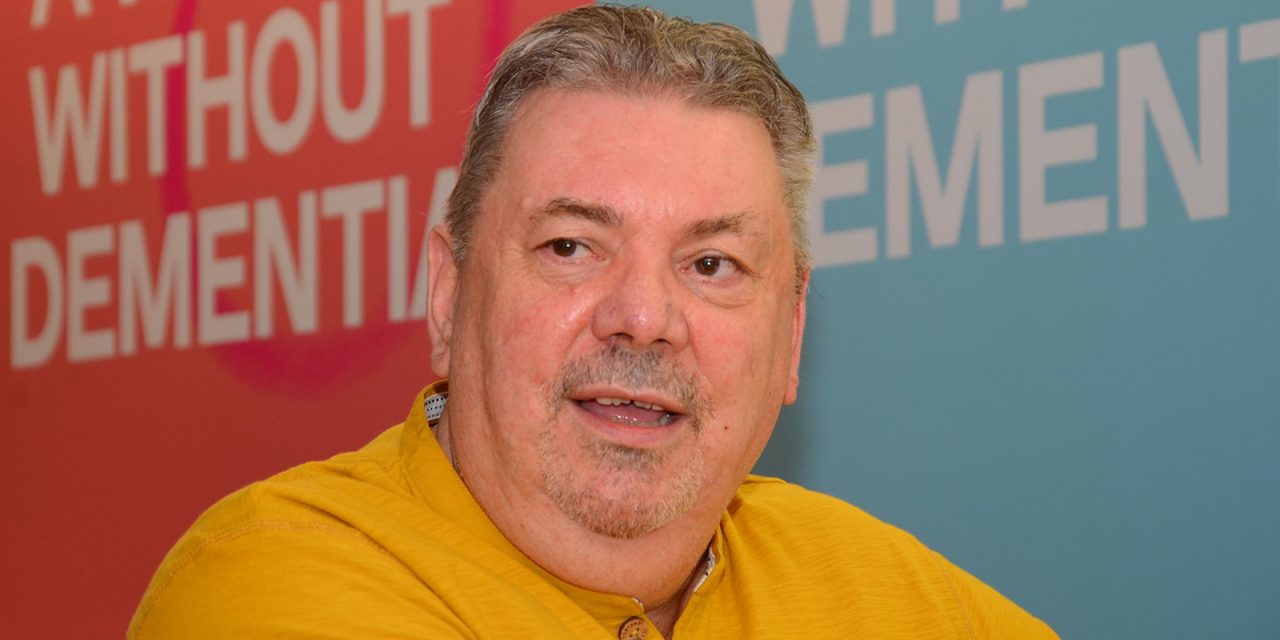
As Nigel’s understanding of his new situation came into focus, he grew increasingly angry at how people with dementia are treated.
“For me, I think dementia is a wholly a matter of human rights. On diagnosis, we are routinely placed with a community mental health team, even though there’s no presence of a mental illness. That’s human rights infraction number one.”
He recalls having to get support from a voluntary agency on a tax issue, because HMRC staff wouldn’t deal with a person with dementia on their own.
“It’s these slight, subtle changes. We’ve all got human rights and they shouldn’t dilute with age or evaporate in the face of frailty or disease. If we don’t use them, then they will be diluted.”
Nigel is also demanding better from those who oversee dementia care and support.
“When service planners say that they’ll try to adopt a human rights model, that isn’t good enough. You’re expected to treat me exactly the same. You’re not doing me any favours – it’s the law.”
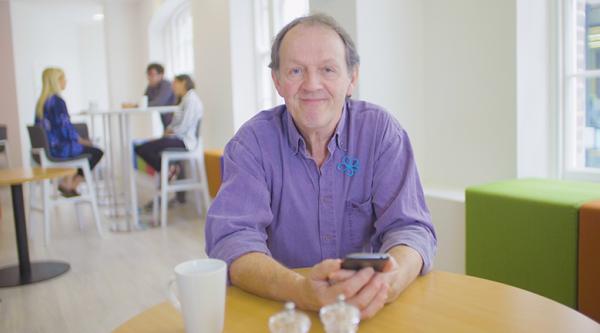
Nigel feels that people affected by dementia have yet to realise the power of their own voices in demanding that their rights be recognised and respected.
“If there’s 850,000 people in the UK with dementia, and for each of them there’s 10 other friends or family affected by it, that’s 8.5 million people. Imagine if you politicised them, gave them a voice.
We could go to the lawmakers and service planners and say, I’m part of the constituency of people with dementia – you will use my condition to deny me my human rights.”
For more information on the ‘Alzheimer’s Society CLICK HERE

